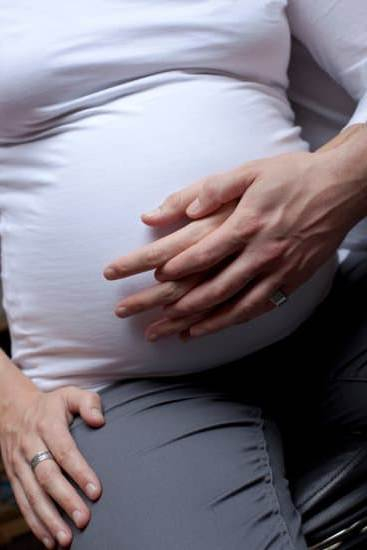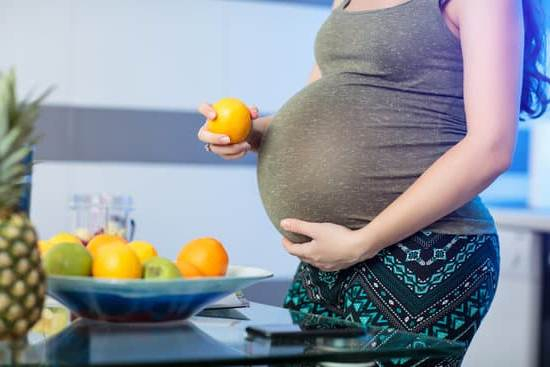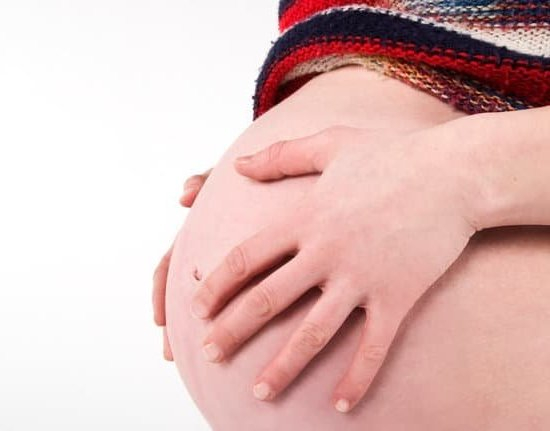Coq10 is a vitamin like molecule that is found in every cell in the body. It is especially important for the heart, muscles, and fertility. Coq10 is essential for the production of energy in the body and is especially important for women who are trying to get pregnant. Coq10 helps to protect the eggs and helps to increase the chances of getting pregnant. It is also important for maintaining a healthy pregnancy. Coq10 can be taken as a supplement or it can be found in certain foods like organ meats, beef, pork, chicken, fish, and some vegetables.
Vitamins To Boost Fertility For Female
There are a lot of things that go into having a successful pregnancy, from eating the right foods to getting regular exercise. But did you know that your diet might also affect your fertility? Believe it or not, what you eat – and don’t eat – can play a role in how easily you conceive.
One key nutrient for fertility is vitamin B12. This vitamin is essential for the production of healthy red blood cells, and it’s also important for the development of the embryo. If you’re planning to get pregnant, it’s a good idea to make sure you’re getting enough vitamin B12 in your diet. Foods that are high in vitamin B12 include meat, poultry, fish, eggs, and dairy products.
If you’re not a meat-eater, you can get B12 from other sources, such as fortified foods and supplements. Be sure to talk to your doctor before taking any supplements, especially if you’re pregnant or trying to conceive.
Another important vitamin for fertility is vitamin D. This vitamin is important for the development of the embryo, and it also helps regulate the hormones that are essential for reproduction. Vitamin D is found in a variety of foods, including milk, eggs, and fish. But you can also get vitamin D from the sun – just be sure to wear sunscreen if you’re going to be outside for a while.
If you’re not getting enough vitamin D from your diet, you may want to consider taking a supplement. Talk to your doctor to see if a vitamin D supplement is right for you.
There are other vitamins and minerals that are important for fertility, including folate, iron, and zinc. But the ones listed above are some of the most important, so be sure to make sure you’re getting enough of them in your diet.
Eating a healthy diet is an important part of getting pregnant, and it’s never too late to start. By eating a diet that’s high in vitamins and minerals, you can help boost your fertility and increase your chances of having a healthy pregnancy.
Fenugreek For Female Fertility
Fenugreek seeds have been used medicinally for centuries. The seeds are a rich source of minerals, including iron, magnesium, and potassium. They are also a good source of fiber, protein, and vitamin C. Fenugreek is also high in saponins, which are phytochemicals that have been shown to have a number of health benefits, including improved fertility.
The saponins in fenugreek have been shown to improve fertility in both men and women. In men, the saponins improve sperm count and motility. In women, the saponins improve the quality of the cervical mucus, which helps to keep the sperm alive and able to travel to the egg.
Fenugreek is a safe and effective way to improve fertility. It can be taken as a supplement or added to food.
When Is A Female Fertile
?
Most women are fertile during the five days leading up to ovulation and the day of ovulation. Ovulation typically occurs 14 days before the start of the next menstrual period. This means that a woman is most likely to conceive if she has unprotected sex during the five days leading up to ovulation and on the day of ovulation.
Female Fertility Test At Home
There are many reasons why a woman might want to test her fertility at home. Perhaps she is trying to conceive and wants to get an idea of when she is most likely to be fertile. Or maybe she is concerned about her fertility and wants to check for any potential problems.
Whatever the reason, there are a number of ways to test fertility at home. One of the most common methods is to monitor basal body temperature (BBT). This involves taking your temperature each morning before you get out of bed. Your temperature will be lower when you are not fertile, and higher when you are most fertile.
Another way to test fertility is to track your cervical mucus. This involves checking the consistency of your mucus each day. The mucus will be thin and watery when you are not fertile, and thick and sticky when you are most fertile.
There are also a number of fertility tests that can be done at home using urine or blood. These tests measure different hormones that are involved in fertility.
If you are trying to conceive, it is important to remember that not all women are able to get pregnant easily. If you have been trying for six months without success, it is a good idea to see a doctor. There may be a problem that can be corrected with treatment.

Welcome to my fertility blog. This is a space where I will be sharing my experiences as I navigate through the world of fertility treatments, as well as provide information and resources about fertility and pregnancy.





